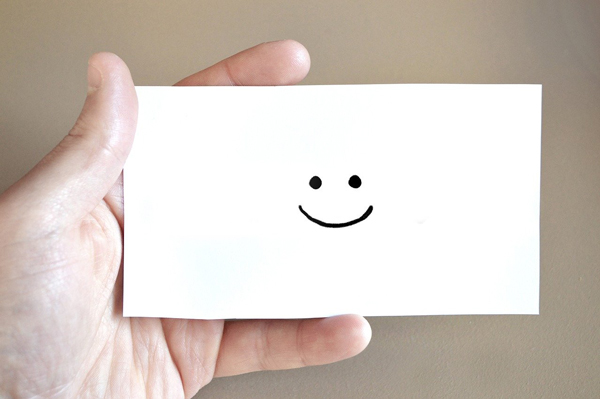
By Leslie J. Hall
Lately, we've all spent a lot of days at home. Some of us have extra time on our hands, others are learning to work with their children, pets, and/or spouses nearby. We are living through an unprecedented time, often filled with fear, anger, skepticism, and questions about our economic future; a great deal of burden on us, pressure in the face of uncertainty.
One way to process experiences and feelings is to write about them. Even if you aren't a writer, keeping a journal gives you a safe place to rant, cry, question, and investigate your experiences.
Journaling is widely known for having benefits useful for:
- Reducing stress and anxiety
- Working through problems
- Improving self-awareness
- Enhancing sense of well-being
Journaling works by helping us come to terms with problems, fears, and concerns. It provides a safe opportunity to say how we really feel, and can identify negative thoughts, behaviors, and triggers that may be holding us back.
I’m not suggesting a “Dear Diary” experience; although if you just want to write about what you did during the day, go for it! Other ways to approach this process is through free-writing, stream of consciousness writing, gratitude journaling, and journaling to focus on health.
An easy way to begin is to get a timer and set it for five minutes. The only rules are you must continuously write for the full five minutes without stopping. Don't focus on grammar, punctuation, spelling, or question if what you have are writing makes sense. Just let it all out. If you don’t know what to write, write “I don’t know what to write!”
If you have trouble getting going, pick a simple prompt to get you started — where you go from there doesn't matter. Some fun prompts include ice cream, coffee, rain/sun, your pet, the view outside your window, the sounds in your home, what you are grateful for today.
I strongly suggest writing by hand, as it provides a different connection to your brain. For me it tells me, I’m not working, just scribbling something down. As you get comfortable, increase your time to 10 or 15 minutes. You'll discover you’ll soon be able to write more in the same period of time. It's what you write toward the end that is often what you needed to write. If you can, work up to journaling 15 - 20 minutes in a day.
If you’re experiencing physical illness, use a journal to track your symptoms and the feelings that go with them. Use it to find stress triggers or to help you listen to your body signals. Try a prompt like pain, energy, weight, or breathing.
This journal is for you, a way to explore your inner self in a safe environment. You may never reread what you’ve written, or you may decide to revisit old journals later in your life. It is the act of writing down your thoughts, allowing you to feel what you feel-acknowledging what you feel, that is the real benefit.
In this uncertain time, when news is full of negative, disturbing, and stressful stories, connecting to your own story is especially powerful.
Leslie Hall will be teaching NaNoWriMo: Write a Novel in 30 Days and Beginning Fiction: Crash Course with North Seattle Continuing Education this fall.